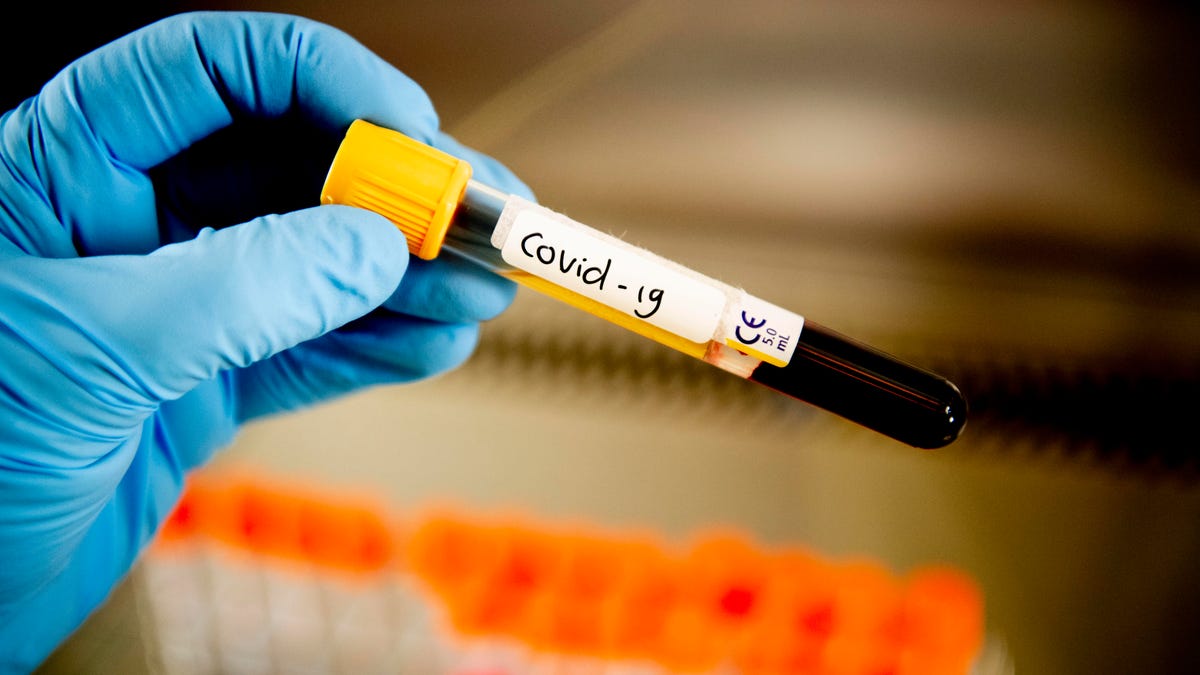COVID-19 immunity certificates: What could go wrong?
Plenty, it turns out, according to a leading bioethicist and Stanford law professor.

As US residents and businesses itch for a return to normalcy in the coronavirus outbreak, the concept of immunity certificates that indicate who is safe to go back to normal life is a tantalizing concept. The idea has been floated in several European countries, but there's still the question of how it would work with American laws and sensibilities.
"Sure, it's very attractive," says Henry T. Greely, professor at Stanford Law School and Director of its Center for Law and Biosciences. "But we don't know if there is immunity, how powerful it is, or how long it lasts. Before we know all that, none of this makes sense."
Assuming those fundamental questions can be answered by medical science in a timely fashion, then the tricky part begins.
"How long are we going to put up with a world where some people can do things and others can't solely because of the accident of who got sick?" asks Greely of a certificate-driven future. "There's no sense of merit there, it's blind luck."
If government-administered immunity certificates are created, Greely anticipates feasible constitutional challenges. "If the government said you cannot have a certain kind of job unless you have an immunity certificate, people would raise issues under the constitution's due process and equal protection clauses, though its not clear to me that those arguments would be winners."
Professor Henry T. Greely of Stanford Law School is also Director of its Center for Law and the Biosciences.
Even if immunity certificates emerged as a private service, like commercial background checks, Greely is concerned that they might encourage people to make reckless decisions to regain a normal life. "It does set up a perverse incentive. I'm old enough to remember when parents took their kids to chickenpox parties or measles parties" to intentionally expose their child to an infected child to attain immunity.
Such ideas seem darkly laughable today, but the incentive to attain demonstrable COVID-19 immunity would be much stronger than attaining childhood chickenpox immunity: Many breadwinners have been sidelined by shutdowns predicated on not knowing who can safely go to work.
Professor Greely has many more insights into this controversial topic. Watch my full interview with him above to hear them all.
Now What is a video interview and panel series with industry leaders, celebrities and influencers covering the major changes and trends impacting business and how consumers connect in the "new normal" 2020 world and beyond. There will always be change in our world, there will always be technology helping us navigate that change, and we'll always discuss surprising twists, turns, and potential solutions.

